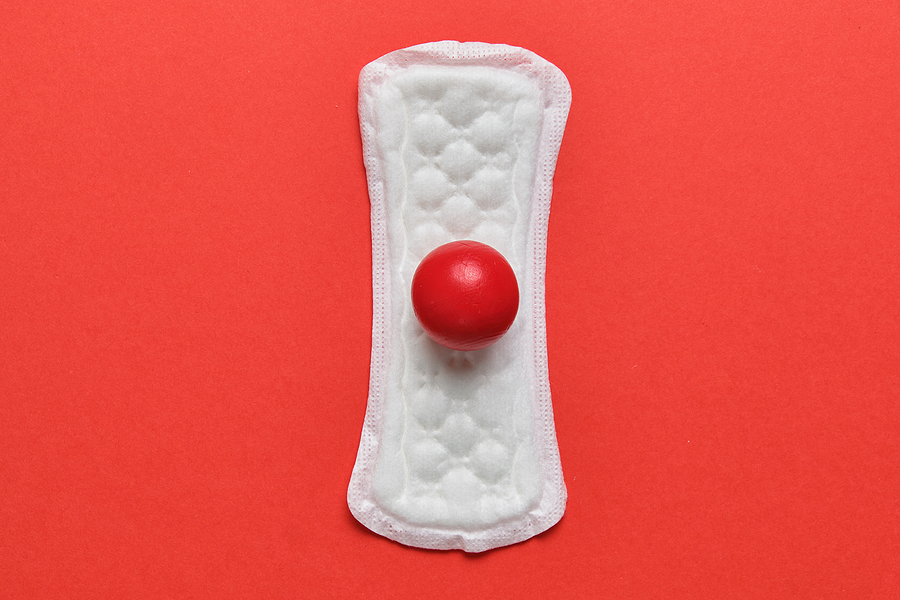Why did I miss a period? Why was my flow so heavy this month? Is there something wrong with me if my periods don’t have a regular pattern? These are some of the questions and concerns I have heard from patients at my clinic over the years. It can be frightening to notice sudden changes in your menstrual cycles with no good explanation.
It’s important to remember that “regular” doesn’t mean the same thing for every woman. Some have a cycle that arrives every 21-28 days like clockwork. Others may have a shorter or longer cycle that isn’t quite as predictable. So to judge whether a period has become irregular, you first need to know what is normal for YOU.
Often, an irregularity is nothing to worry about. One or two missed periods over the course of a year is probably not a cause for concern. But if your cycles are more unpredictable than that, it’s time to take a closer look. When you can’t find a consistent pattern, you may be at the beginning of perimenopause, have a disturbance in the hormonal chain of events that impacts menstruation, or you might be pregnant.
So many things can be behind irregular periods. If several of the following factors are present, there’s an even higher likelihood that you will experience some disruption in your natural cycle.
- Significant weight gain or loss. Both low body weight and obesity can cause a change in your menstrual cycle. Eating disorders such as anorexia or bulimia can also be behind this disruption. Poor nutrition has an impact – if you aren’t getting the nutrients you need, your body lets you know.
- Over exercising. Regular exercise is good for your overall health, but when you overdo it, your body reacts. Endurance athletes like marathon runners often experience missed periods.
- Excessive substance use. If you are regularly filling your body with toxins through smoking, drug use, excessive caffeine intake, or alcohol use your menstrual cycle may suffer.
- Hormonal imbalances. Whether related to increased stress, perimenopause, or polycystic ovarian syndrome (PCOS), if your hormones are not properly balanced your periods might not be regular.
- Medications, including heavy duty treatments like chemotherapy. Birth control medications have a big impact on your cycle, whether they cause lighter or heavier flow, skipped periods, or no periods at all.
- Uterine abnormalities. Differences in your uterus – for example, fibroids, cysts, polyps or endometriosis, can cause changes in your periods.
- Pregnancy or recent childbirth, miscarriage, or D&C. Many women will also not resume normal periods until they have stopped breastfeeding.
Because so many things could be behind a change in your cycle, it’s important to talk to a healthcare practitioner if you are experiencing irregularity. If missed periods are a sign of a larger condition – whether pregnancy, hormonal imbalance or disease, it’s important to know what to do to best support your body and find your way back to your best possible you!
If you suspect a hormonal imbalance may be the root of your erratic periods, our products can help bring you back to a balanced state. If you suspect the issue is related to perimenopause, try our Menopause Program, which includes a high quality multivitamin to ensure you are getting essential nutrients, adrenal support, and our herbal menopause support designed for hormonal balance that can relieve symptoms of menopause, such as hot flashes and mild mood swings.







